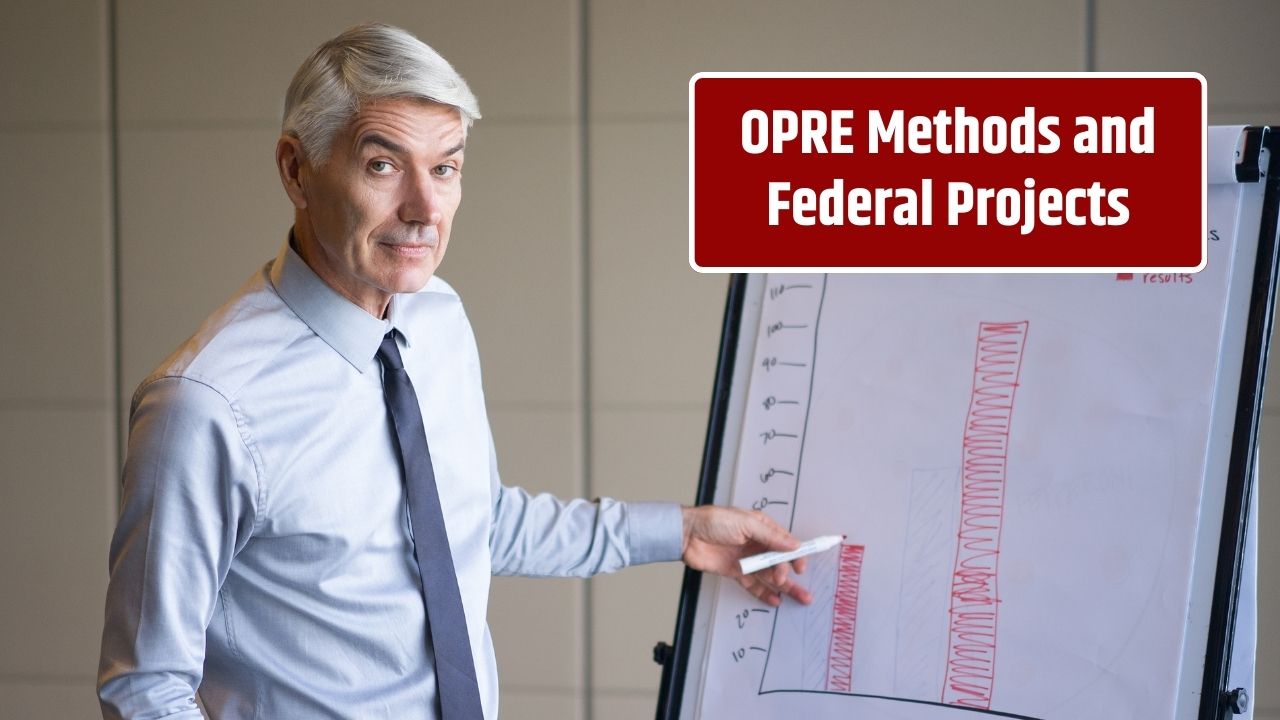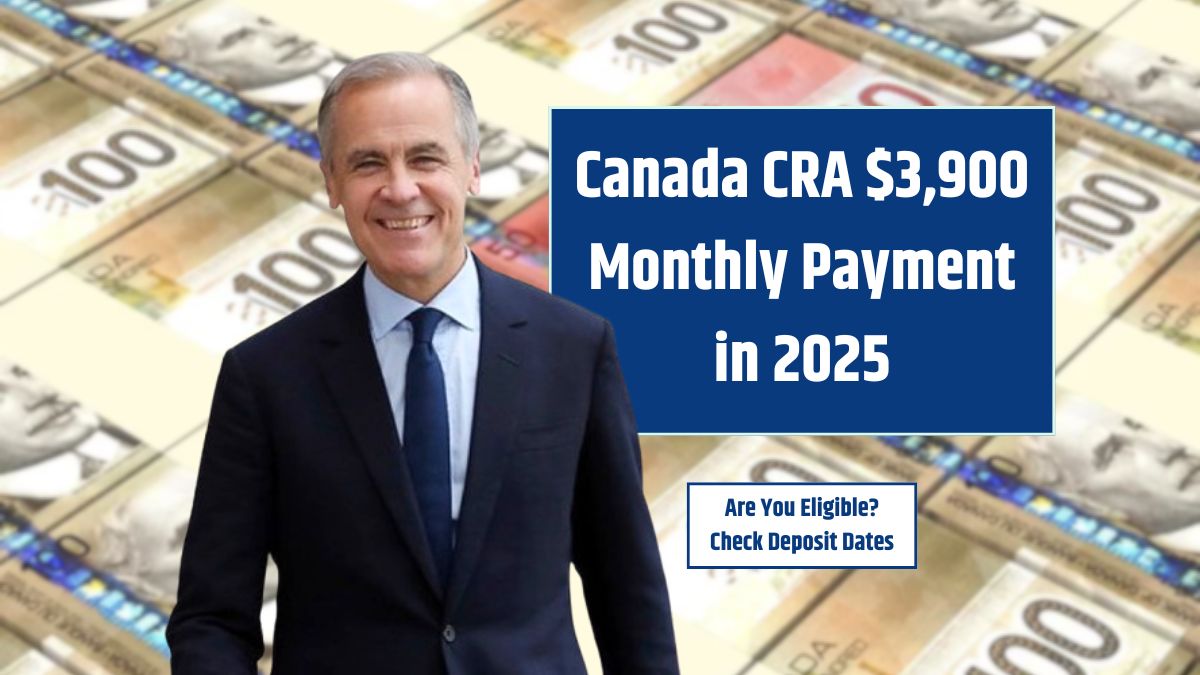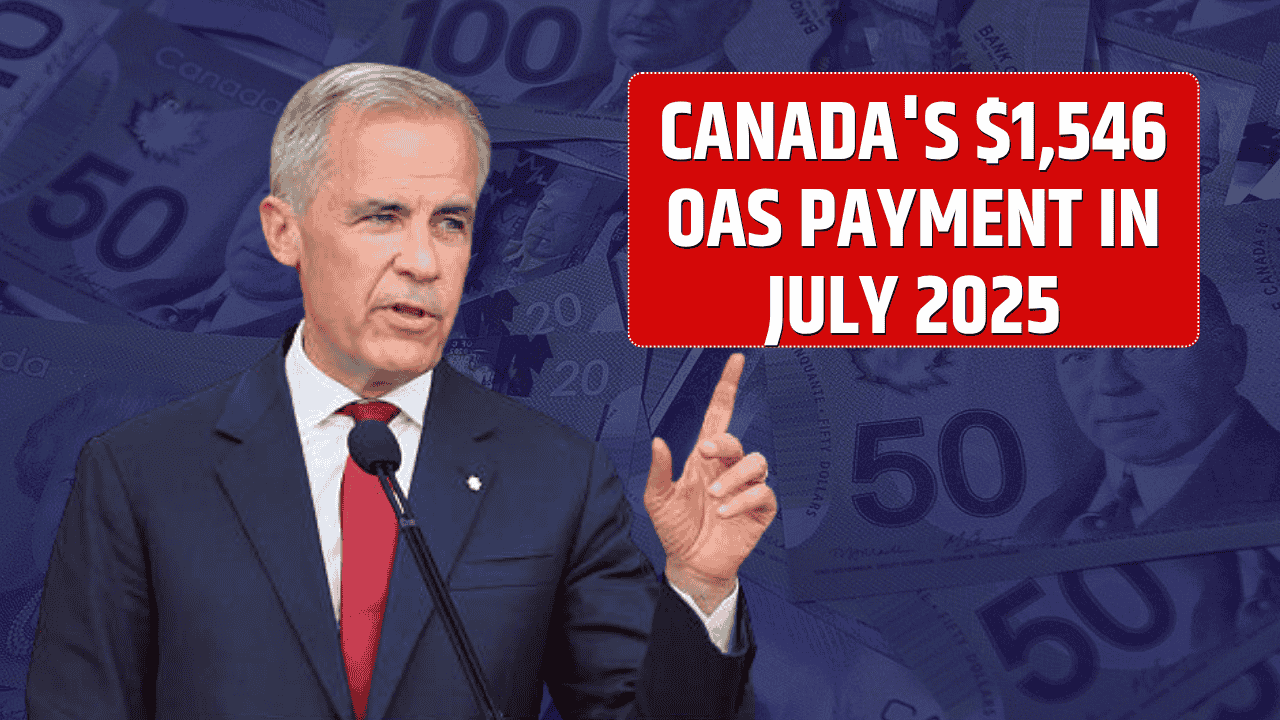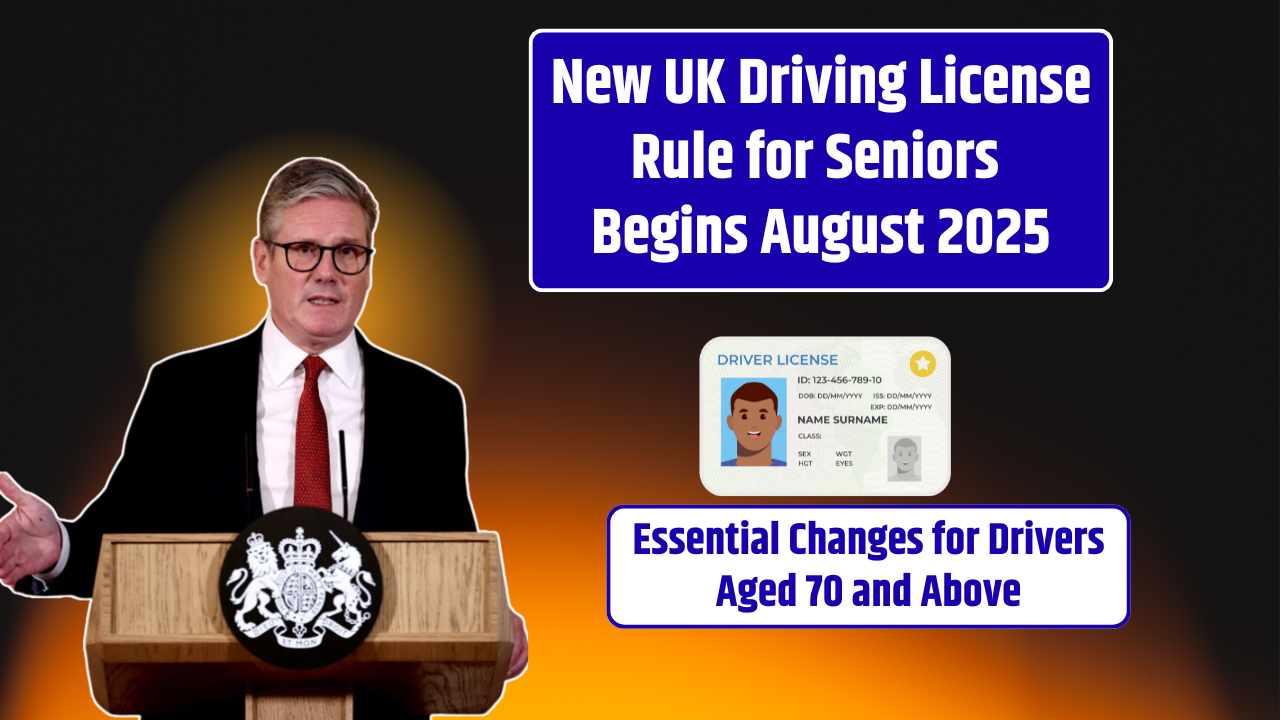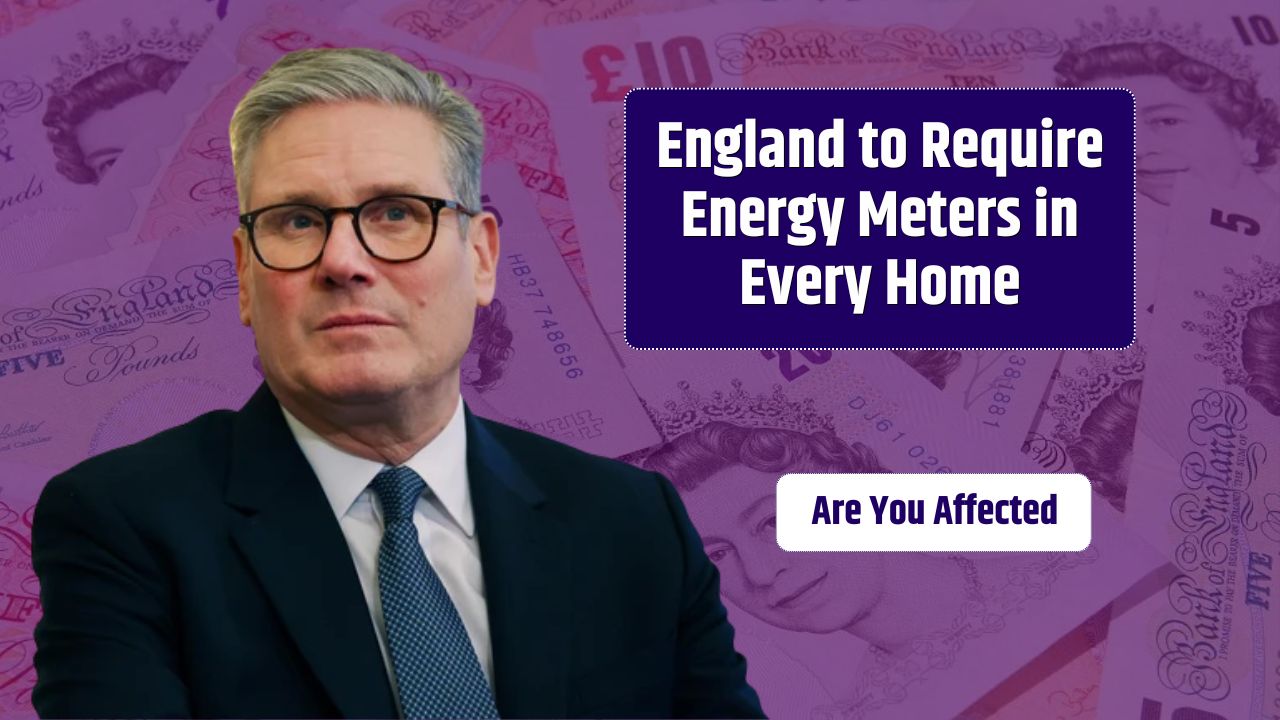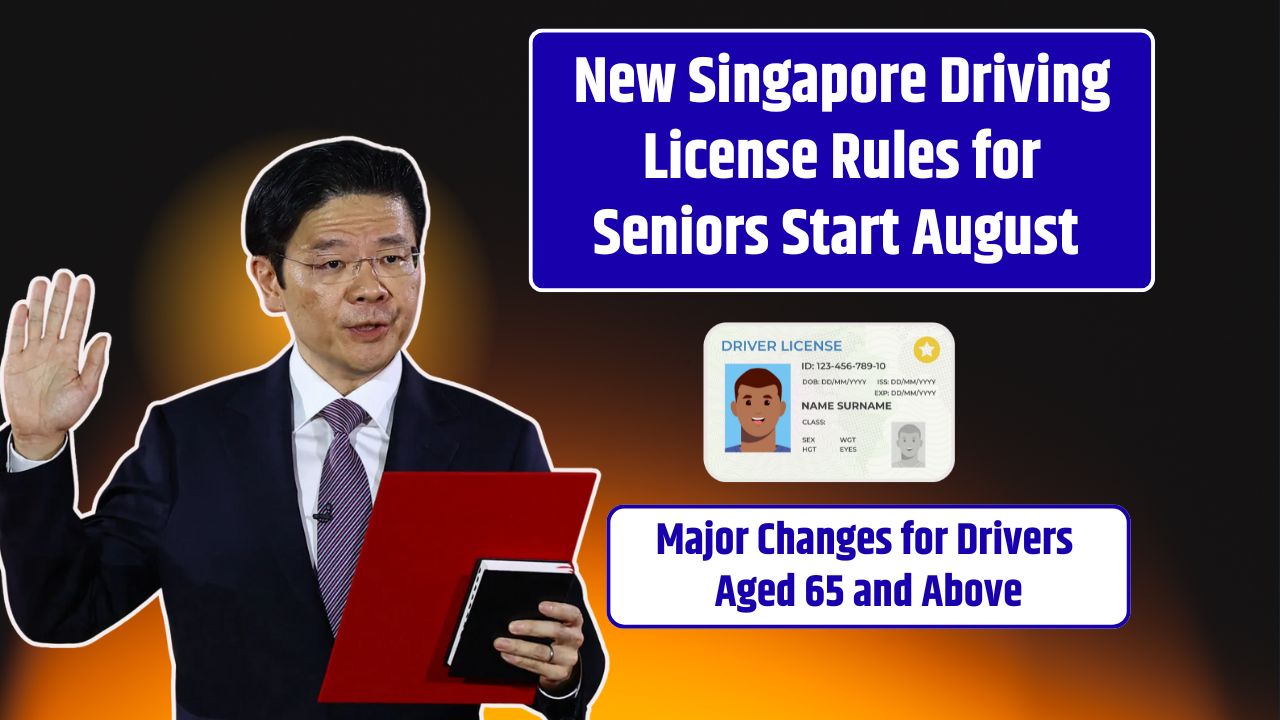The Office of Planning, Research, and Evaluation (OPRE), part of the U.S. Department of Health and Human Services, plays a crucial role in advancing research and evaluation across federally funded programs related to children, families, and welfare. One of OPRE’s key contributions to the field is its Methods Meetings—annual gatherings that explore innovative evaluation strategies, methodological advances, and best practices in social science research.
These meetings bring together federal researchers, academic experts, practitioners, and other stakeholders to tackle some of the toughest challenges in program evaluation. If you’re interested in how federal evaluation projects are designed, implemented, and improved, understanding OPRE Methods Meetings is essential.
Table of Contents
What Is OPRE?
The Office of Planning, Research, and Evaluation (OPRE) operates within the Administration for Children and Families (ACF). It supports the development of evidence-based policy through research and rigorous evaluation of social programs. OPRE oversees evaluations across areas like:
- Child welfare and protection
- Early childhood education
- Economic self-sufficiency
- Family strengthening programs
These evaluations help shape federal policy, inform funding decisions, and improve the effectiveness of public programs.
The Role of OPRE Methods Meetings
OPRE Methods Meetings are designed to advance the quality and usefulness of federal evaluations. Each year, these meetings focus on a pressing methodological issue or challenge in evaluating human services programs. Topics might include:
- Causal inference in non-experimental settings
- Equity in research design and data collection
- Use of administrative data
- Implementation science in evaluation
The purpose is not just academic—it’s to generate practical insights that federal agencies can apply in the real world.
Who Attends and Why It Matters
These meetings typically attract a wide range of professionals, including:
| Attendee Type | Role in Federal Evaluation Projects |
|---|---|
| Federal officials | Guide and fund evaluation efforts |
| Academic researchers | Share methods and findings |
| Evaluation contractors | Conduct studies for federal agencies |
| Nonprofits/Practitioners | Offer on-the-ground perspectives |
Attending or following the outcomes of these meetings is valuable for anyone involved in policy, research, or program administration.
Key Topics in Recent OPRE Methods Meetings
Here’s a look at some themes covered in recent years:
| Year | Theme/Focus |
|---|---|
| 2022 | Promoting equity in federal evaluations |
| 2021 | Methods for using administrative data |
| 2020 | Rapid-cycle evaluation methods |
| 2019 | Mixed-methods approaches in complex programs |
These themes reflect OPRE’s commitment to keeping evaluation methods aligned with evolving policy needs and social realities.
Why OPRE Methods Meetings Matter
Federal programs are often large, complex, and diverse. Evaluating their impact accurately requires more than standard tools—it calls for innovation, collaboration, and continual learning. OPRE Methods Meetings help set the stage for that innovation by:
- Identifying gaps in current methods
- Elevating the role of context and equity in evaluation
- Strengthening collaboration across sectors
- Bridging research and policymaking
These gatherings help ensure that taxpayer-funded evaluations produce actionable insights that drive real improvements.
Whether you’re a policymaker, researcher, or student of public administration, understanding the work of OPRE and its Methods Meetings offers valuable insight into how the U.S. government uses evidence to improve lives. By spotlighting rigorous and equitable evaluation practices, OPRE plays a key role in shaping smarter, more effective public policy.
FAQs
What is OPRE’s mission?
To build and use evidence to improve the effectiveness and equity of programs administered by the Administration for Children and Families.
How can I access OPRE Methods Meeting materials?
Meeting summaries, videos, and presentations are often available on the OPRE website.
Are OPRE Methods Meetings open to the public?
While not all sessions are public, summaries and selected materials are usually shared afterward.
How do these meetings influence federal policy?
They inform best practices, identify methodological innovations, and shape how evaluations are conducted and interpreted.

